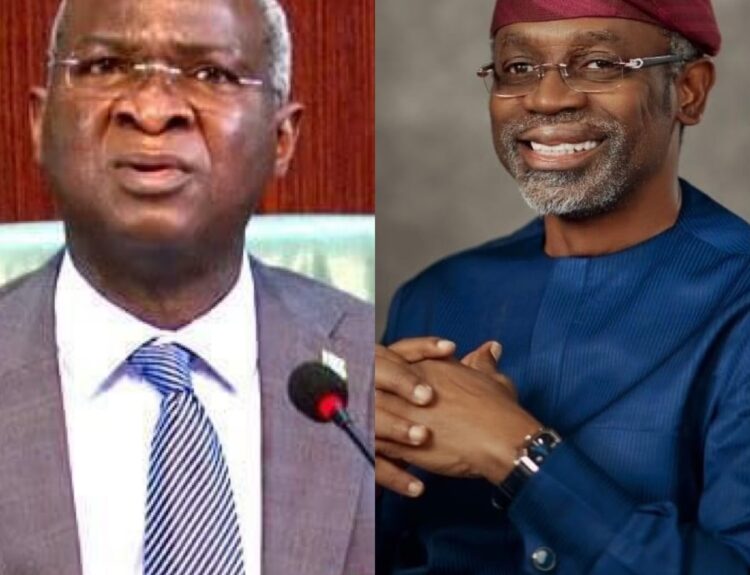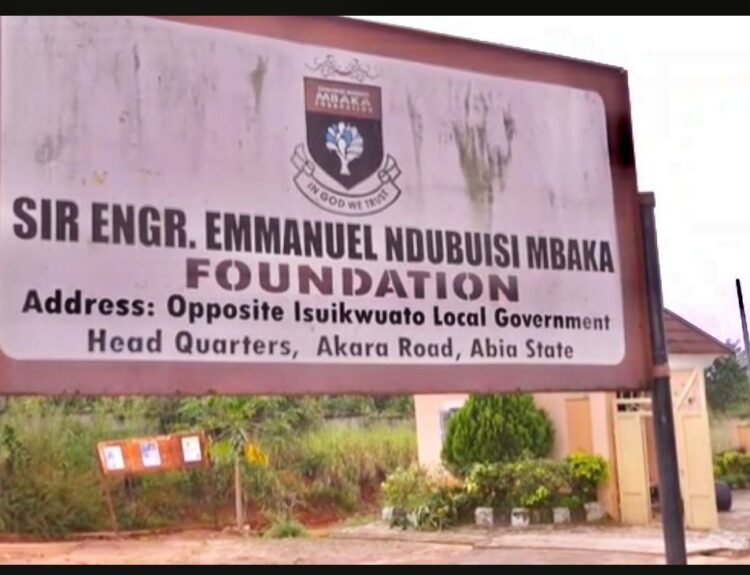The pursuit of local government autonomy has been a consistent priority for Nigeria’s progressive Presidents since the All Progressives Congress (APC) took over in 2015. Despite several attempts to actualize this goal, the journey has faced numerous legal and legislative hurdles.
In May 2020, former President Muhammadu Buhari took a bold step by signing an Executive Order aimed at ensuring local government autonomy. However, this move was met with resistance from state governors, who challenged the decision in court. In a significant ruling, the Supreme Court sided with the governors in a six-to-one decision, thereby halting the executive order.
The issue resurfaced in January 2023 when the Senate passed 44 bills, one of which included provisions for local government autonomy. Unfortunately, the bill was not approved by the state assemblies, leading to another stalemate in the efforts to decentralize governance.
A year later, President Bola Tinubu has reignited the battle for local government autonomy by suing the state governors. Tinubu’s lawsuit is based on 27 grounds, accusing the governors of gross misconduct and abuse of power. This legal action represents the latest attempt to overcome the barriers preventing local government autonomy.
The lack of a properly functioning local government system has significant implications for Nigeria. More than 72% of the country remains “ungoverned” without an effective local government structure, highlighting the urgent need for reform.
The struggle for local government autonomy is crucial for ensuring that communities across Nigeria can feel the direct impact of governance. As the legal battles continue, there is hope that a resolution will be reached, enabling local governments to operate independently and efficiently for the benefit of the people.







